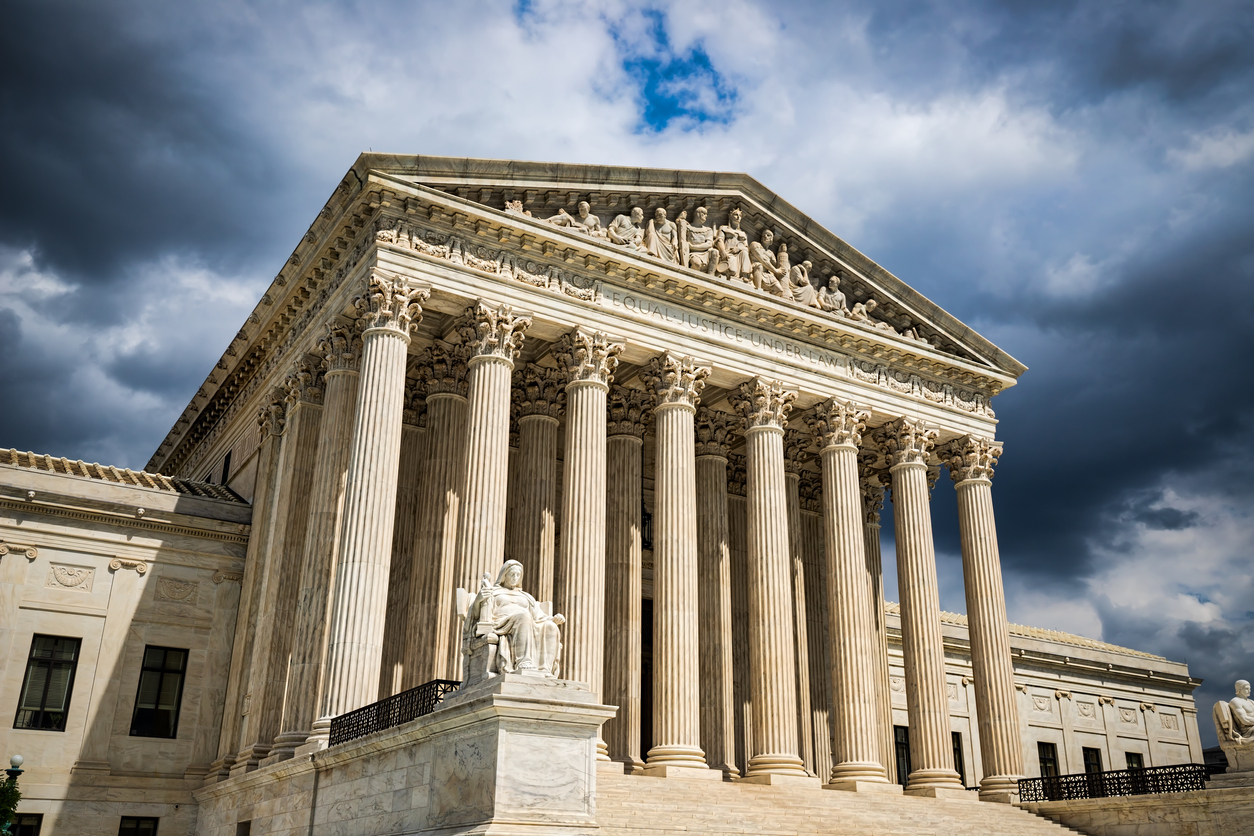Find out why a top-ten mortgage lender with a proprietary loan origination system (LOS) needed to convert from a legacy document platform.



On April 1, 2021, the U.S. Supreme Court issued a decision in Facebook v. Duguid that ended a long division of opinion regarding the meaning of ‘autodialer’ under the Telephone Consumer Protection Act (TCPA). That term is defined in the TCPA as equipment with the capacity to ‘store or produce telephone numbers to be called, using a random or sequential number generator,’ and then to dial those numbers to deliver a prerecorded message to a residential phone line. Some U.S. Circuit courts, including the Ninth Circuit, in this case, had interpreted the definition to include devices that store and call numbers that the device did not generate. Compliance with the TCPA for telemarketing calls requires prior express written consent of the recipient.
The Supreme Court’s unanimous decision limits the definition by requiring the autodialer to use a random or sequential number generator in order to place calls. The Court noted that the Ninth Circuit’s interpretation would include virtually all modern phone systems, including cell phones, which did not appear to be the intent when the TCPA was passed.
Although this decision may not often affect residential mortgage loan originators, TCPA litigation has been one of the highest-volume litigation nationwide over the last several years. The certainty that this decision brings should serve to lower the plaintiff bar activity in this area.
In this blog concerning legal and regulatory matters of interest to the mortgage industry, Sandler Law Group (SLG) provides general information and industry observations that are not motivated by or concerned with a particular past occurrence or event, or a specific existing legal problem of which SLG is aware. Nothing published herein is intended to constitute legal advice and the use of the newsletter by a reader shall not give rise to an attorney-client relationship with SLG. SLG expressly disclaims any representation of accuracy or reliability as to the content of this newsletter, as well as any obligation to maintain such content over time or to ensure it is free from errors. Brad Cope is the attorney responsible for the SLG content of this newsletter. The attorneys of SLG are not certified by the Texas Board of Legal Specialization.
Find out why a top-ten mortgage lender with a proprietary loan origination system (LOS) needed to convert from a legacy document platform.
Learn more about the Goals Module and its key monitoring and reporting features.
Learn about the changes of state consumer protection and the responsibility of financial services institutions to pursue operational excellence and a culture of compliance.